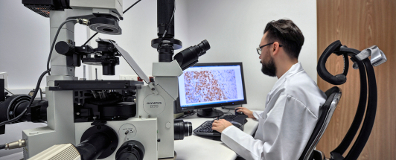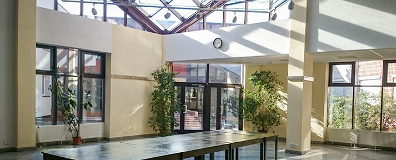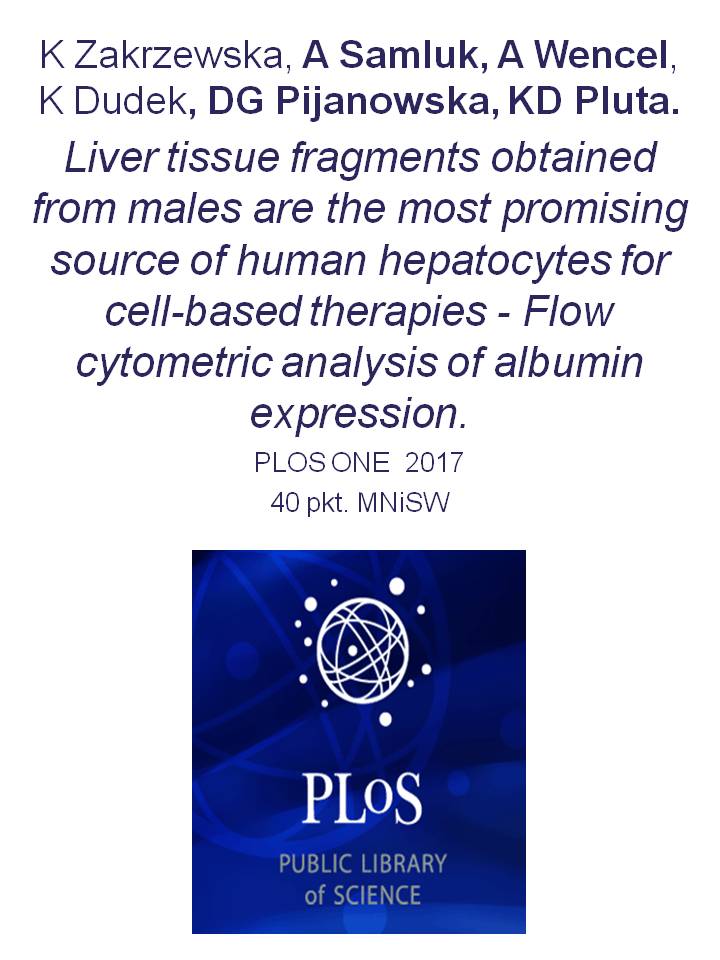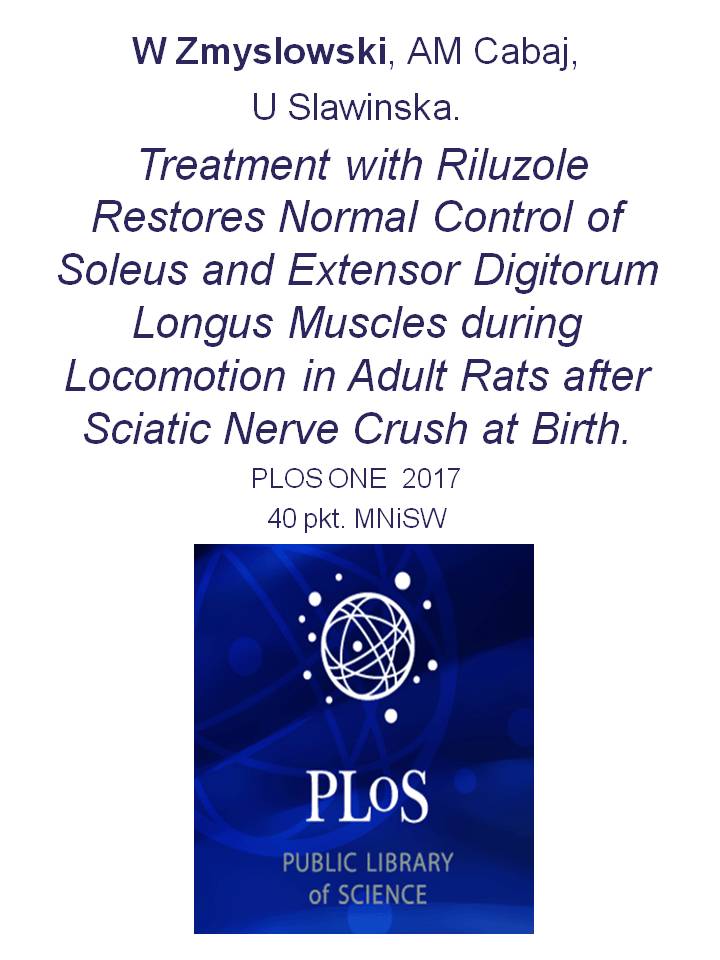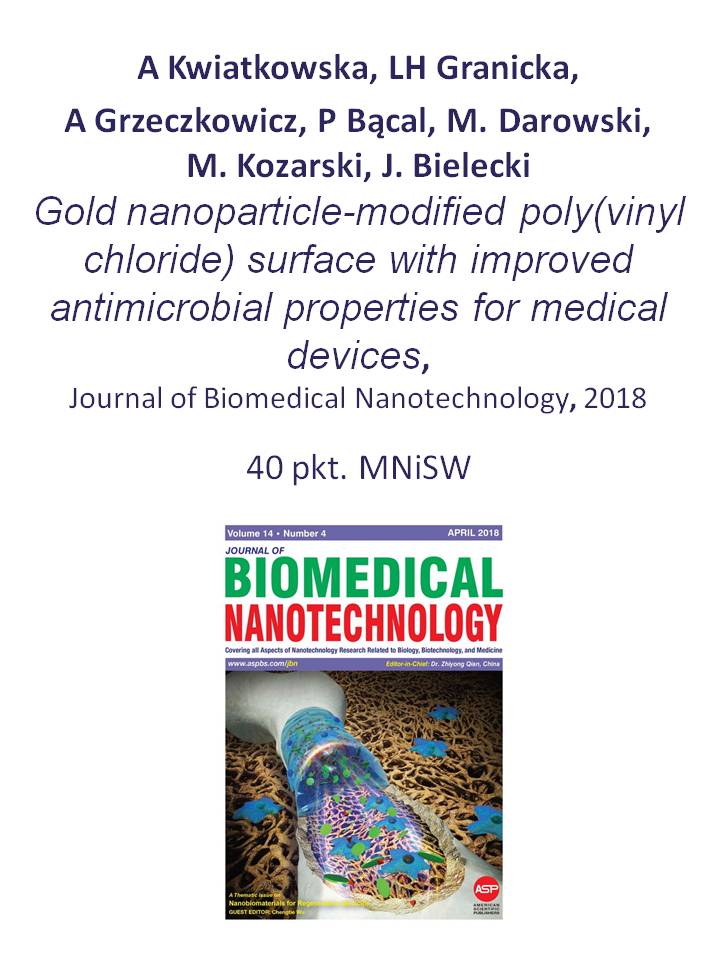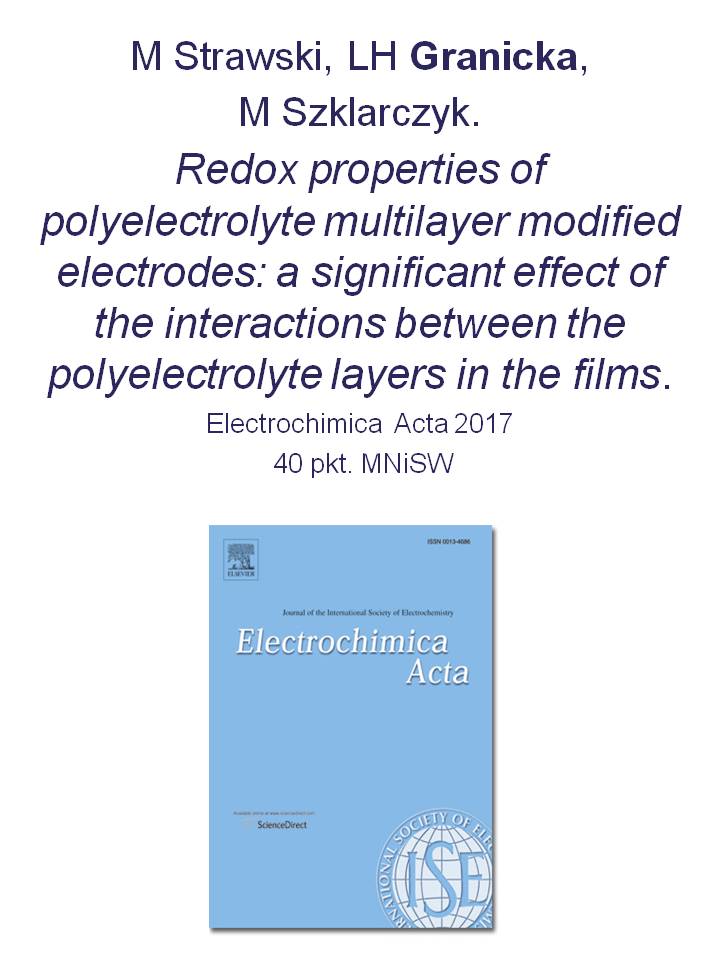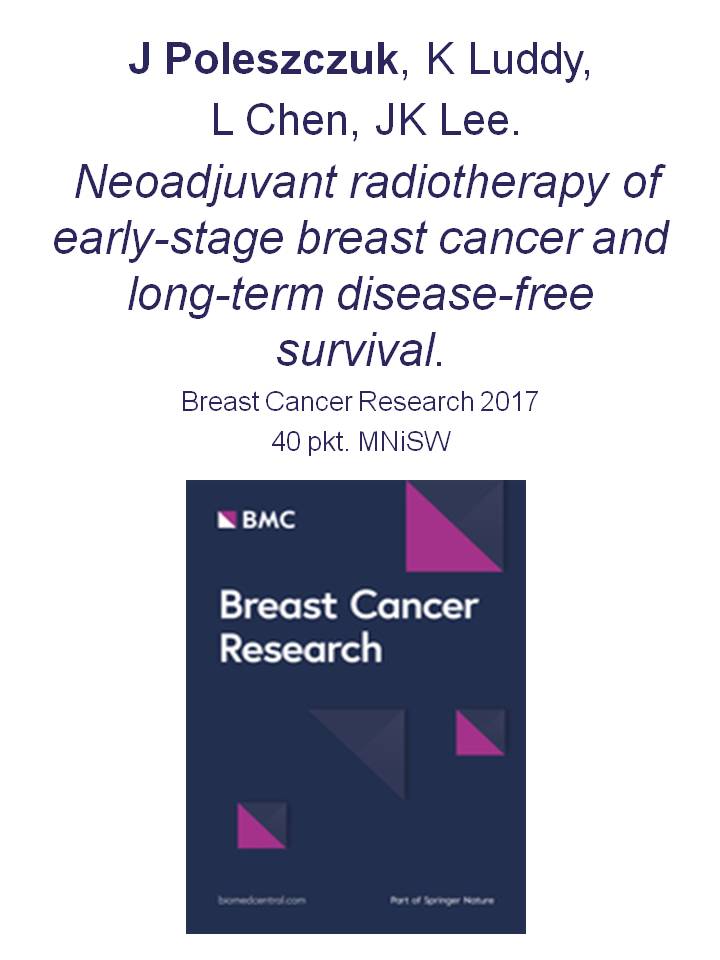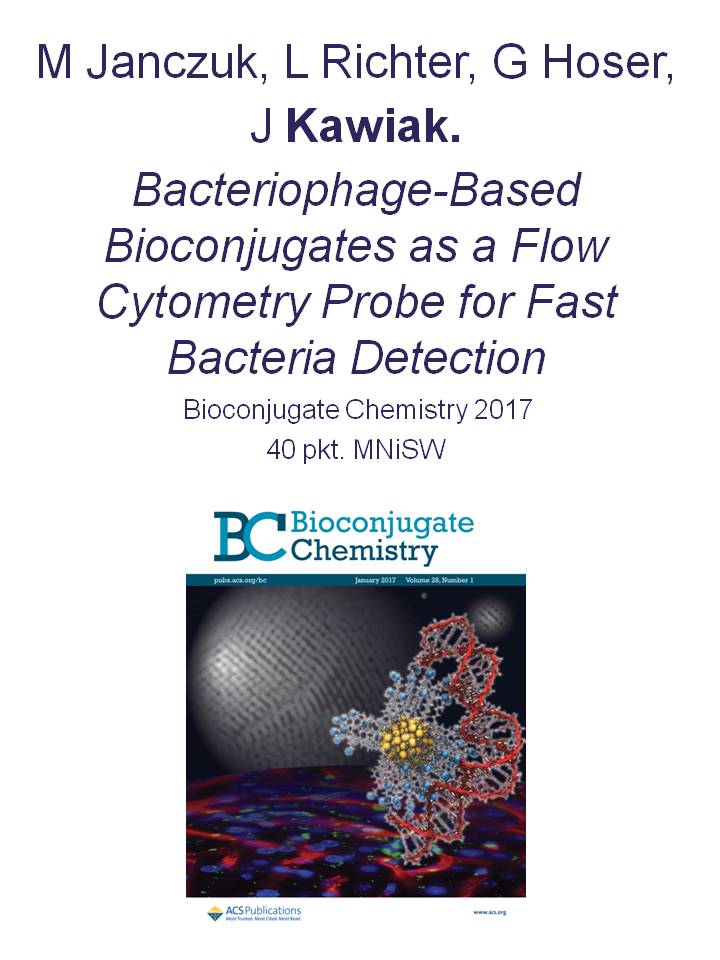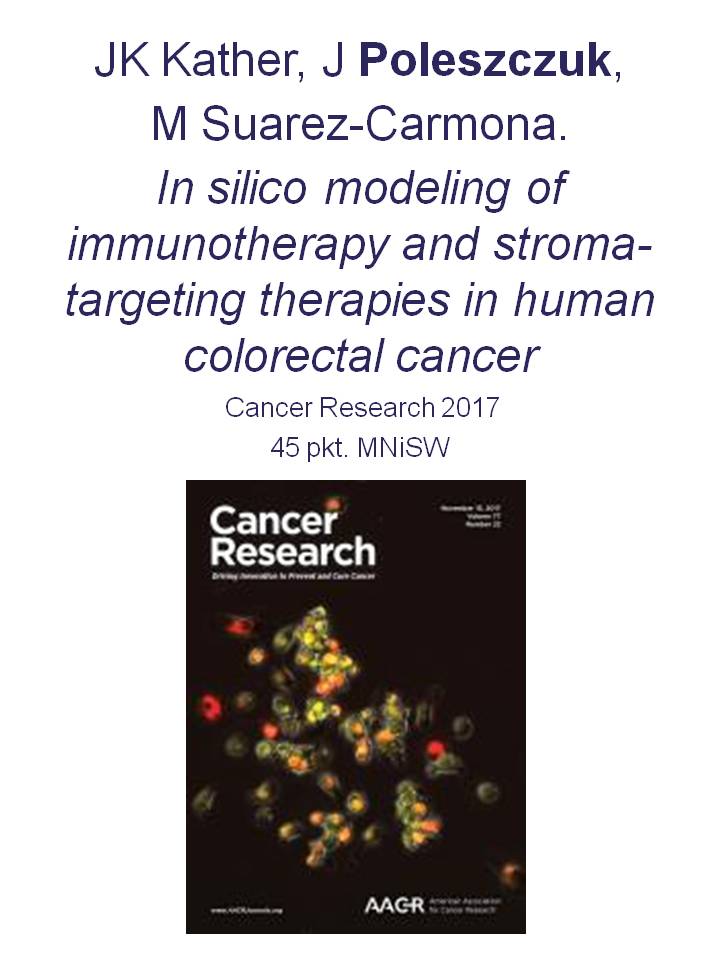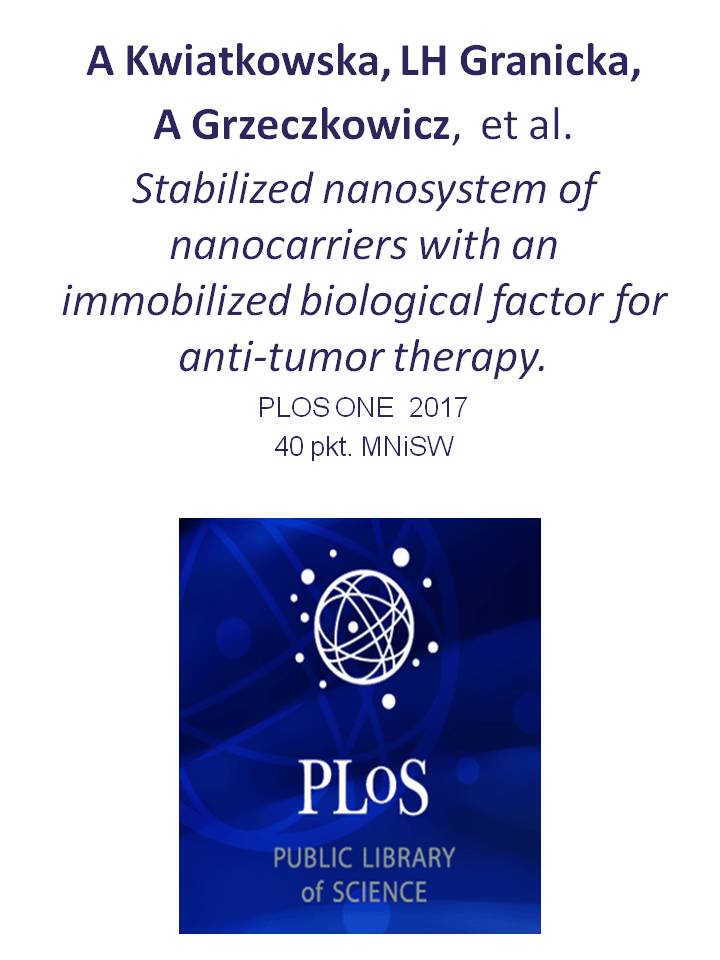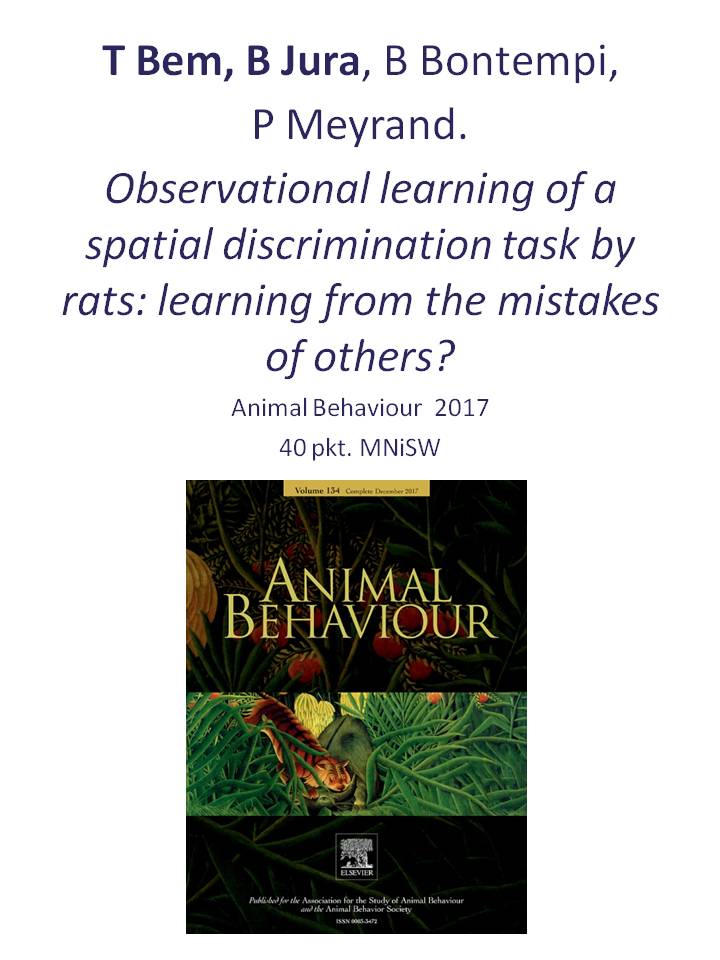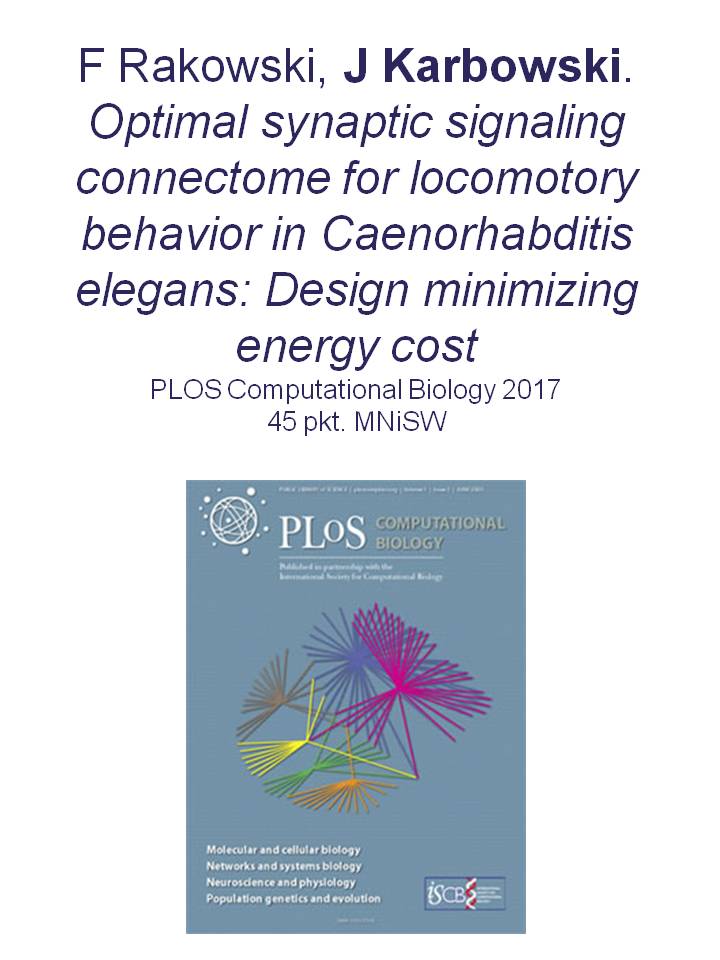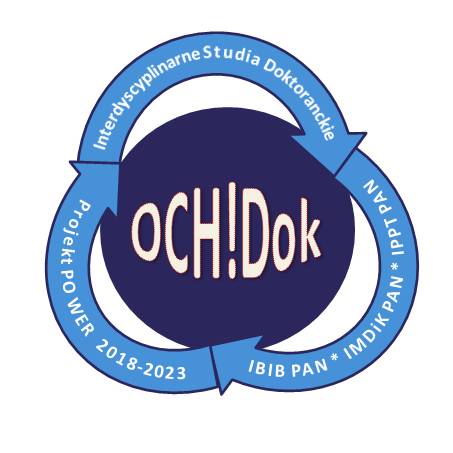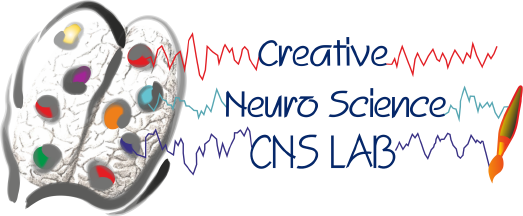ICB
Agreement
CONCERNING THE INTERNATIONAL CENTRE FOR BIOCYBERNETICS
approved by the Scientific Council of ICB on July 22, 1994
PREAMBLE
In view of the importance of the fields of biocybernetics and biomedical engineering, and taking account of the need for scientific participation and exchange between Central and Eastern Europe and the rest of the world for the further development of these fields, the signatory scientific institutions, hereinafter called "the Parties" have decided to enter into this Agreement. The list is presented at the end of the Agreement.
Article 1
In consequence of this Agreement the existence and purposes of the International Centre for Biocybernetics at the Institute of Biocybernetics and Biomedical Engineering of the Polish Academy of Sciences (hereinafter called "ICB") are confirmed and its function and modus operandi are hereby clarified, modified and extended by the Signatories. The ICB is located in Warsaw, Poland.
Article 2
The ICB acts in accordance with this Agreement as signed by all Parties.
UNDERSTANDING
The understanding of the Parties is as follows:
Article 3
The main objectives of the ICB are: exchange of scientific experience and the improvement of professional qualifications, and facilitation of research and application in the field of:
- biosystems,
- biomeasurements,
- artificial organs and biomaterials,
- biomechanics,
- informatics in medicine,
and other fields also connected with application of technology to biology, medicine and health care.
To achieve these aims, the ICB will undertake the following activities:
- organisation of scientific meetings in the form of seminars, summer schools and conferences as well as other meetings aimed at the exchange of information and of experience;
- facilitation and encouragement of research and development;
- acquisition and dissemination of relevant information, including publication of scientific materials connected with ICB activities.
Article 4
Specialists from the Parties participating in this Agreement will contribute to the work of ICB.
Specialists from other countries or organisations may be invited by the Director of ICB to take part in its work.
Article 5
The ICB has no juridical personality. In legal relations with third parties, the Institute of Biocybernetics and Biomedical Engineering of the Polish Academy of Sciences acts on behalf of the ICB.
Article 6
The Scientific Council of the ICB is appointed by the Parties to this Agreement.
The members of the Scientific Council are distinguished specialists in the field of biocybernetics or biomedical engineering delegated by the Parties participating in this Agreement. Other persons up to a maximum of 50% of those directly appointed may be invited "ad personam" to become members on the proposal of the Scientific Council. Members would serve for a period of three years, unless specifically reappointed or reinvited for another term.
The Chairman of the Scientific Council is elected from among the members of the Scientific Council for a period of three years by simple majority of votes cast by those attending.
The functions of the Scientific Council will be:
- to formulate general guidelines for the ICB activities;
- to consider proposals of the Director concerning the programme
and budget of the ICB as well as the annual contributions of
the Parties which are discussed and agreed in advance between
the Director and the Parties concerned;
- to consider reports of the Director on the activities resulting
from this Agreement.
The Scientific Council may propose Statutes for the ICB if thought desirable.
The Scientific Council will meet at least once a year upon convocation by the Chairman or more frequently on the proposal of at least half of the Scientific Council members.
Each member of the Scientific Council can authorise another person to represent him/her in the Scientific Council meetings.
At each meeting 5 members, of whom at least 3 shall be appointed members, should constitute a quorum and each member shall have one vote.
Except as provided in Article, 12 the decisions of the Scientific Council will be made by a simple majority of votes of the members present and in the event of a tie the Chairman will have the casting vote.
Article 7
The Director of the ICB will be a representative of the Polish Academy of Sciences appointed by its authorities.
The Director represents the ICB in contacts with the Parties to this Agreement and with other institutions.
The ICB Director shall inter alia:
- administrate the ICB activities and supervise their realisation;
- consult with the Parties and present to the Scientific Council for approval the proposals about their annual contributions to the ICB;
- prepare and present to the Scientific Council an annual report including a financial report, propose budget and draft programme ICB activities;
- organise the sessions of the Scientific Council;
- appoint the scientific and general staff of the ICB activity in accordance with its programme;
- execute the programme and budget within the framework of general guidelines formulated by the Scientific Council.
Article 8
The ICB shall publish the results of its activities provided that such publication does not contravene existing policy regarding rights to intellectual property.
Except as otherwise agreed in advance in specific cases, all rights related to any works produced or developed by the ICB shall be vested in the Institute of Biocybernetics and Biomedical Engineering of the Polish Academy of Sciences for the benefit of the ICB.
ICB shall use the results of its original works according to Polish law.
Article 9
The resources necessary for the activities of the ICB shall consist of:
- the seed contribution allocated by the Polish Party,
- the annual contribution allocated by the Polish Party to cover the basic running costs,
- annual contributions allocated by the other Parties,
- other contributions, including gifts, bequests, subventions, grants and charitable funds as may be granted by other organisations and institutions, whether public or private persons; by associations or by individuals,
- other income from sources approved by the Scientific Council.
Financial resources mentioned in paragraph 1 shall be used to cover ICB operating expenses such as office space, equipment, related facilities and publications.
Travel expenses of the appointed members for sessions of the Scientific Council will be met by the sending organisation. Other expenses connected with Scientific Council sessions will normally be covered by the Party in whose country the session is being held.
During ICB meetings in Poland the ICB will provide accommodation, subsistence and emergency medical care for members of the Scientific Council and for invited lecturers.
Costs of travel, accommodation and subsistence of other participants at seminars and in the other ICB activities are not met by ICB but are normally covered by the sending organisation.
Article 10
National and international scientific institutions interested in the ICB activities may become Parties of the Agreement subject to Scientific Council approval.
Article 11
The working language of the ICB is English.
Article 12
The present Agreement and Understanding shall be valid for an indefinite period on the understanding, however, that each Party has the right to terminate its membership at the end of any calendar year upon giving notice in writing to the Polish Academy of Sciences at least six months in advance. If thought fit for substantial reasons, the Scientific Council may recommend to the Institute of Biocybernetics and Biomedical Engineering that the membership of any Party shall be terminated. The Institute will make appropriate enquiries before initiating appropriate action.
The present Agreement and Understanding may be changed on written approval given by two-thirds majority of all members of the Scientific Council. Votes may be cast by correspondence.
Article 13
The ICB activities will be terminated if so decided by a two-thirds majority of all Parties.
In the case of such termination the Institute of Biocybernetics and Biomedical Engineering of the Polish Academy of Sciences will resume responsibility for the ICB estate.
All problems connected with the ICB termination will be the responsibility of the Institute of Biocybernetics and Biomedical Engineering of the Polish Academy of Sciences.
Article 14
This Agreement and Understanding is subject to approval according to the legal regulations of each country. Notifications of approval are to be sent to the depository.
The Agreement and Understanding shall enter into force for an individual Party on approval by that Party.
When the present Agreement and Understanding is signed, the Parties hereto agree thereby to this replacement of the Agreement
establishing the ICB signed on 27th October, 1987 and modified in February, 1993.
The Agreement and Understanding of July 22, 1994 will be deposited by the Polish Academy of Sciences which is to act as depositor of the Agreement.
The Agreement and Understanding Concerning the International Centre for Biocybernetics approved by the Scientific Council of ICB on July 22, 1994 is hereby signed by:
Bulgarian Academy of Sciences
Chinese Academy of Medical Sciences
The Institute of Experimental and Clinical Medicine in Tallinn, Estonia
Georgian Academy of Sciences
Institute of Biomedical Technologies, Italy
Polish Academy of Sciences
Romanian Academy
Russian Academy of Sciences
Taras Shevchenko Kiev University, Ukraine
Vietnam National Centre for Natural Science and Technology
DIRECTOR
Prof. Piotr Ładyżyński, Ph. D., D. Sc.
tel. (+48 22)5925942,
CHAIRMAN of SCIENTIFIC COUNCIL
Prof. Jos Vander Sloten
Chairman of the Leuven Medical Technology Center, Belgium
Past President of the European Alliance for
Medical Biological Engineering and Sciences (EAMBES),
Past President of the European Society
of Engineering and Medicine (ESEM)
Head of Division of Biomechanics and Engineering Design
Katholike Universiteit Leuven
The Scientific Council of the ICB is appointed by the Parties. The members of the Scientific Council are distinguished specialists in the field of biocybernetics or biomedical engineering delegated by the Parties. Other persons up to a maximum of 50% of those directly appointed may be invited "ad personam" to become members on the proposal of the Scientific Council. Members would serve for a period of three years, unless specifically reappointed or reinvited for another term.
SCIENTIFIC COUNCIL
Chairman
Prof. J. Vander Sloten - Belgium
Members:
Prof. J.Vander Sloten - Belgium
Prof. R. Raikova - Bulgaria
Prof. M.Long - China
Prof. R.Magjarevic - Croatia
Assoc. Prof. V.Tuulik - Estonia
Prof. O.Meste - France
Prof. I.Khomeriki - Georgia
Dr. M.G.Trivella - Italy
Prof. J.Waniewski - Poland
Dr. C.Enachescu - Romania
Prof. V.Martynyuk - Ukraine
Prof. Dai Duy Ban - Vietnam
Members "ad personam":
Prof. D.Klonoff - USA
Prof. Toshiyo Tamura - Japan
Dr. G.Ferrari - Italy
Prof. B. Lindholm - Sweden
Prof. H. Podbielska - Poland
Prof. S.Krishnan
Honorary Secretary: Dr. Eng. Krzysztof Pałko
MEMBERS of the SCIENTIFIC COUNCIL
(listed by country)
BELGIUM
Prof. Jos Vander Sloten
Chairman of the Leuven Medical Technology Center, Belgium
Past President of the European Alliance for
Medical Biological Engineering and Sciences (EAMBES),
Past President of the European Society
of Engineering and Medicine (ESEM)
Head of Division of Biomechanics and Engineering Design
Katholike Universiteit Leuven
BULGARIA
Prof. Rossitsa Raikova
Centre of Biomedical Engineering
Bulgarian Academy of Sciences
CHINA
Prof. Mian Long
National Microgravity Laboratory
and Center for Biomechanics and Bioengineering,
Institute of Mechanics,
Chinese Academy of Science
CROATIA
Prof. Ratko Magjarevic
President of the International Federation
of the Medical and Biological Engineering (IFMBE)
University of Zagreb
Faculty of Electrical Engineering and Computing
ESTONIA
Assoc. Prof. Viiu Tuulik
Technical University
Biomedical Engineering Centre
FRANCE
Prof. Oliver Meste
Université Nice Sophia Antipolis
GEORGIA
Prof. Irina Khomeriki
International Science and Technology Center
Georgian Branch Office
ITALY
Dr. Maria Giovanna Trivella
CNR
Institute of Clinical Physiology
Dr. Gianfranco Ferrari
Rome, Italy
JAPAN
Prof. Toshiyo Tamura
Osaka Electro-Communication University
POLAND
Prof. Piotr Ładyżyński
Director of the Institute of Biocybernetic and Biomedical Engineering
Polish Academy of Sciences
Prof. Jacek Waniewski
Institute of Biocybernetic and Biomedical Engineering
Polish Academy of Sciences
Prof. Halina Podbielska
Department of Biomedical Engineering,
Faculty of Fundamental Problems of Technology,
Wrocław University of Science and Technology
ROMANIA
Prof. Cornelia Enachescu
Institute of Mathematical Statistics
and Applied Mathematics
Academia of Romania
SWEDEN
Prof. Bengt Lindholm
Karolinska University
UKRAINE
Prof. Victor Martyniuk
University of Kiev
Department of Biophysics
USA
Prof. David Klonoff
Clinical professor of medicine at UC San Francisco
Director of the Mills-Peninsula Diabetes Research Institute
Founder and editor of the monthly 'Journal of Diabetes Science & Technology'
Prof. Shankar Krishnan
Past President of the International Federation
for Medical and Biological Engineering (IFMBE)
VIETNAM
Prof. Dai Duy Ban
Institute of Biotechnology
Vietnamese Institute of Science & Technology
GENERAL INFORMATION
The International Centre of Biocybernetics (ICB) of the Polish Academy of Sciences was established in Warsaw in June 1988.
The ICB is a multi-national association of the Academies of Science and organizations interested in biocybernetics and health care through science and technology. The ICB acts in accordance with the Agreement about the establishment of the ICB as signed by its Parties. Membership to the ICB is opened, new members are admitted by applying in writing to the of President of Polish Academy of Sciences and after acceptance by signing the Agreement. In 1991 the ICB was appointed and in 1996 for the years 1995 - 1999 reappointed as WHO Collaborating Centre for Research and Training in Biocybernetics and Biomedical Engineering.
CONTACT
Secretary ICB:
ul. Ks. Trojdena 4, 02-109 Warsaw, POLAND
phone(+48) 22 592 59 70, mail: This email address is being protected from spambots. You need JavaScript enabled to view it.
MAIN TASK FOR THE ICB
The main objectives of the ICB are: exchange of scientific experience and the improvement of professional qualifications, and facilitation of research and application in the field of biocybernetics and biomedical engineering. To achieve these aims, the ICB will undertake the following activities:
- organization of scientific meetings in the form of seminars, summer schools and conferences as well as other meetings aimed at the exchange of information and of experience;
- facilitation and encouragement of research and development;
- acquisition and dissemination of relevant information, including publication of scientific materials connected with ICB activities
SCIENTIFIC ACTIVITY
The ICB organizes seminars and special meetings in the following main directions of biocybernetics and biomedical engineering: biosystems, biomeasurements, artificial organs, biomechanics and bioinformatics. The scientific program of seminars includes the recent results of fundamental researches of physiological processes as well the problems of new technology and design of biological devices and systems for therapy, life support, clinical diagnosis and information processing. Since 1988 till December 2009 the ICB has organized 105 seminars and workshops.
The duration of seminars varied from 2 to 5 days. The number of participants per seminar varied from 40 to 140 persons. All together over 6000 scientists from 45 countries took part in ICB activities.
ICB STUDY GROUPS
When on similar topics, 2 - 4 seminars took place with the same leading personalities, then these seminars changed their shape to Study Group. The Study Groups were created for the following main topics:
- Biochemical measurements
- Optoelectronics in medical diagnosis
- High- resolution electro- and magnetocardiography
- Eye movement measurements and their applications
- Biomechanics. Medical robotics
- Statistics and clinical practice
- Respiratory and cardiovascular systems
- Mathematical modeling in biomedical engineering
- Encapsulation of cells
- Artificial pancreas
The role of those Groups is to study in depth selected problems of Biomedical Engineering and propose multinational programs of scientific cooperation. These programs may enter to international institutions (like EC activities) to get financial support. Also some of the topics may be proposed for Bilateral Agreements between given Scientific Laboratories.
FUTURE ACTIVITIES
Future activities of ICB are devoted to continuation and consolidation of existing topics, expanding them especially on biomedical imaging and border problems of tissue, cellular and molecular engineering.
EDUCATIONAL ACTIVITIES
ICB is a good place for students in getting additional up-to-date knowledge in selected areas of biomedical engineering. It is also a unique occasion to meet famous, internationally recognized, scientists to present their works and to apply for fellowships, postdoctoral or visiting scientist position abroad. Those ICB seminars are a good starting point for scientific careers of some of the participants.
PUBLICATIONS
The ICB publishes texts of lectures delivered at the Seminars in the Lecture Notes of the ICB Seminars and selected texts in extended form in the Journal Biocybernetics and Biomedical Engineering. The latter is the official journal of the Institute of Biocybernetics and Biomedical Engineering and is indexed and abstracted in the Thomson Reuters products: Science Citation Index Expanded (SciSearch®), Journal Citation Reports/Science Edition and in Elsevier Bibliographic Databases: SCOPUS and EMBASE. The texts of lectures (1300-1500 words), preceded by a short abstract (up to 200 words), should be send to the ICB at the latest four weeks before the Seminar. Template for the preparation of the papers for the ICB Seminar can be downloaded here: TEMPLATE
OTHERS
Lecturers of the Seminars from countries which signed the Agreement are delegated by their Organizations. Other lecturers are invited by the Director of the ICB. The Seminars take place in the ICB headquarters, lecturers and some other participants of the Seminars are accommodated in the ICB guest rooms.
MENU
- News
- About the Institute
- Mission & Authorities
- HR Excellence
- Doctoral Schools
- Doctoral Studies
- Academic degrees
- Scientific activity
- Institute offers
- ICB
- Publishing
- Library
- Conference Centre
- Useful Links
- Public procurement
- Employees
- Gallery
- For Media
- Contact
- Privacy policy
Nałęcz Institute of Biocybernetics and Biomedical Engineering PAS, Ks. Trojdena 4 st., 02-109 Warsaw, POLAND
E-mail:This email address is being protected from spambots. You need JavaScript enabled to view it.; Phone: (+48) 22 592 59 00;
Copyright(c) 2016 IBBE PAS
All rights reserved
In order to provide you with the best online experience this website uses cookies. Delete cookies
In order to provide you with the best online experience this website uses cookies.
By using our website, you agree to our use of cookies. Learn more
Useful Links
Privacy policy
Ministry of Science and Higher Education
Polish Science Database (Nauka Polska)
Sholarship granting institutions
European Union Funding
Publication databases
InCites Journal Citation Reports
ISI Web of Knowledge Journal Citation Report
Journal ranking by the Ministry points
ICM - Virtual Library of Science
Other
Datasets

